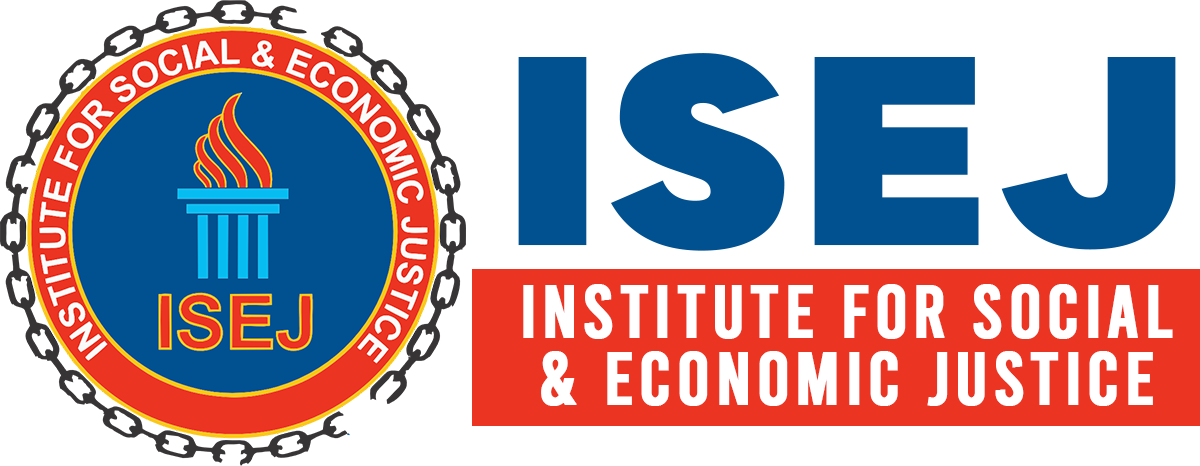10 December 2015
Former Finance Minister Dr Hafiz Pasha said on Wednesday that exemptions and loopholes culture in tax system was causing a loss of Rs 900 billion annually to the country. “Pakistan has failed in increasing the tax to GDP ratio as it is being held hostage by entrenched powerful vested interests people who do not allow the individuals to change the system”, said Dr Pasha while addressing at a panel on “Rising inequality in Asia and role of fiscal policies to reduce inequalities” on the third day of 8th South Asia Economic Summit organized by Sustainable Development Policy Institute in Islamabad.
Dr Pasha said tax administration is the biggest challenge for Pakistan right now and issues like tax evasion and corruption need to be solved urgently. Privilege groups in Pakistan are enjoying SRO culture and tax exemptions. The second schedule of income tax ordinance has most of the concessions in income tax. Loopholes and exemption given in tax system is amounting to Rs.900 billion, which is about 30 percent to what the country is getting, said Pasha, adding that this is one of the reasons behind low tax to GDP ratio, round about 10 percent.
He said that corruption by tax administration was also a problem discouraging people to come into tax net. There has been tax evasion in connivance with the tax administration. He said that estimate of corruptions exceeds Rs.1 trillion in the country. Pakistan on the Human Development Index (HDI) is stagnant for last 4-5 years. China is a model country consistently achieving 9 percent growth; however inequality increased in China exponentially. He said that China Pakistan Economic Corridor (CPEC) might help to promote equality in the provinces.
Pasha said inequality is rising drastically in South Asia as 20 percent of the population has access to 6-8 percent of the national resources. Former Finance Minister of Bangladesh Dr. Saeeduzzaman said that South Asia faces issues of unemployment, increase in prices, unequal food distribution and absence of credit and financial institutions for farmers. In order to reduce inequality, he said, political will plays a central role.
About the tax collections, Chartered Accountants Ayla Majid and Khalid Majid Rehman expressed concern over the low proportion of tax collections from direct taxes and that too little is being spent on human resources. They also endorsed the concept of reducing inequalities via quality education.
Abdul Khaliq of the Institute for Social and- Economic Justice said the issue of inequality, which was shunted aside amidst rapid growth over the last few decades, has resurfaced with a vengeance, particularly after the latest global financial crisis. Quoting Oxfam report, he said that by 2016 the 1 percent will control more wealth than the rest of the 99 percent. The 2014 Forbes billionaire list names 1,542 people with a total wealth of $6.5 trillion.
He said that rising inequality threatens not only social and political stability but also economic growth and financial stability. With Gini index to measure the degree of economic inequality in Pakistan, we stand out in Asia with 0.68; compared to India (0.40), Malaysia (0.46), and China (0.51) Philippines (0.43) and Singapore (0.47). He said social and economic costs of rising inequalities are high; damaging social fabric, creating violence and political instability. The tax system in Pakistan in its current state is both inefficient and unfair. Only 25 percent tax revenue is collected through direct taxes and the remaining 75 percent through indirect taxes. This relatively low ratio in Pakistan is primarily due to number of inherent weaknesses in the tax system including inefficient tax administration, lack of adequate supporting systems, excessive scope for discretion and rent seeking behavior, narrow tax base, skewed tax structure, complex and non- transparent tax system, tax dodging, corruption and informal structure of the economy.
As a result, Pakistan does not have sufficient revenues to invest in decent public services and other development interventions. Tax avoidance and evasion by companies’ means Pakistan loses much more than it receives in aid each year. He recommended minimizing the tax loopholes that enable corporations to drain millions of dollars- funds, which could be used to invest in public services.





